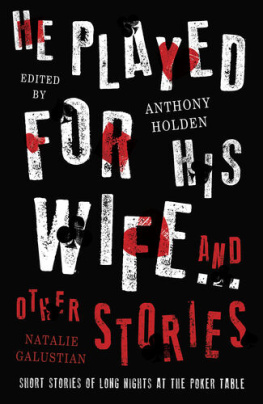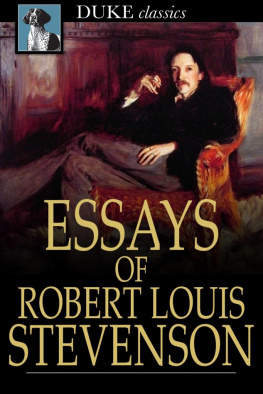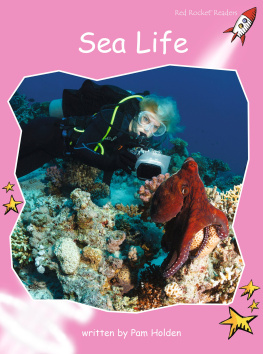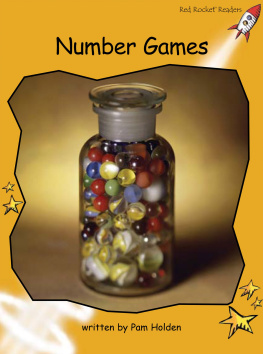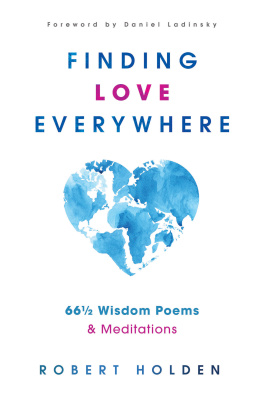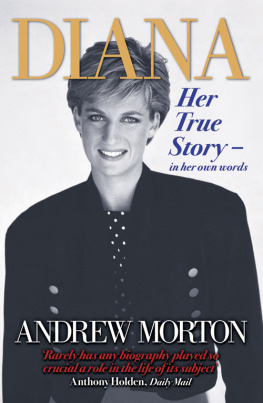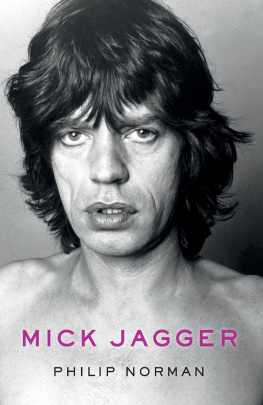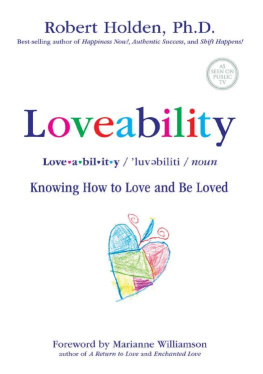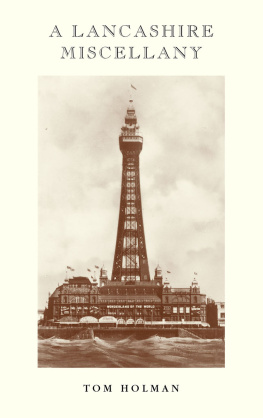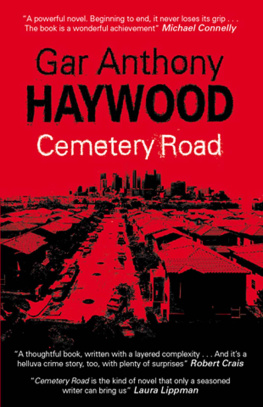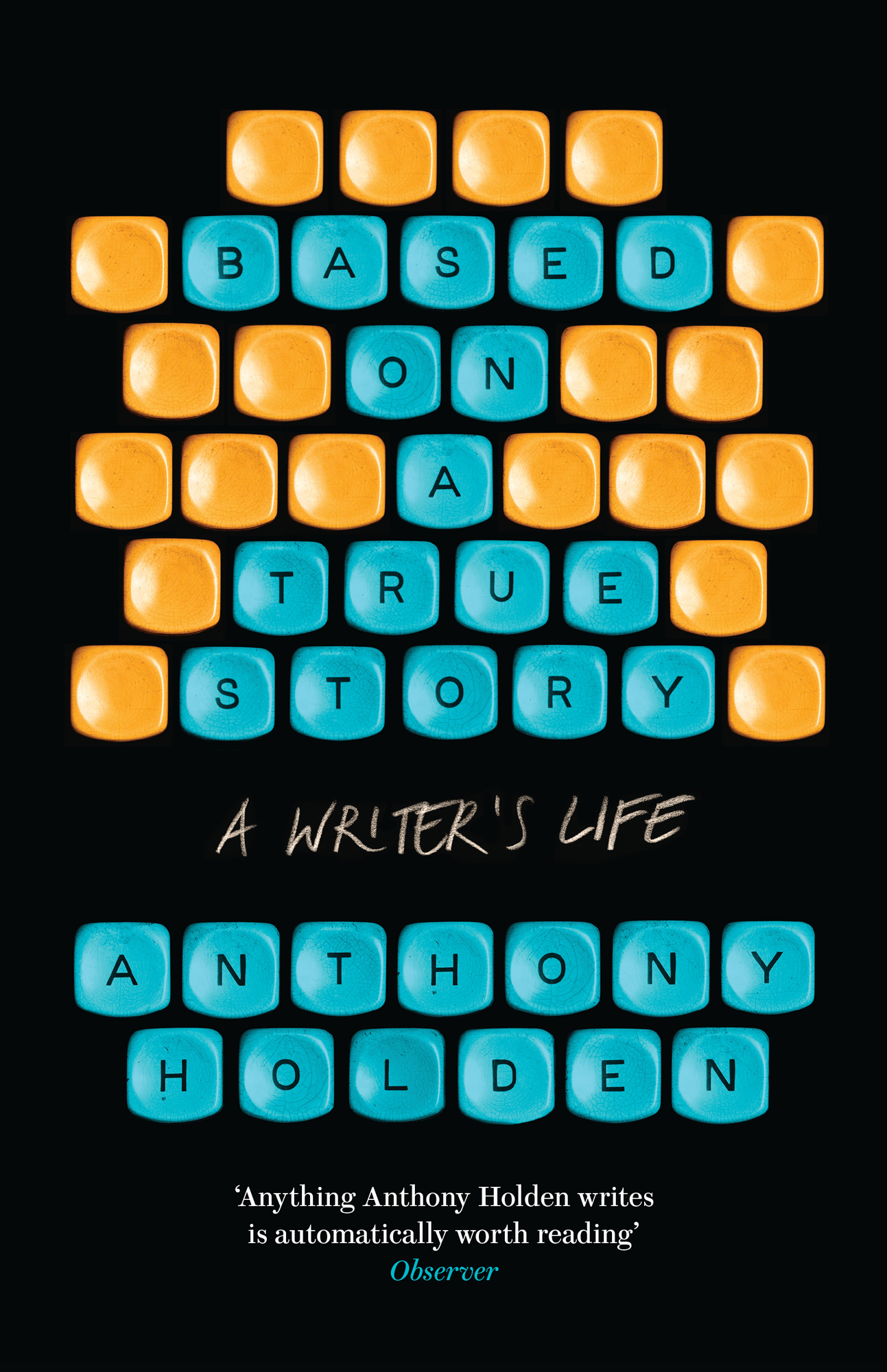Contents
Guide
Based on a True Story
A Writers Life
Anthony Holden
Anything Anthony Holden writes is automatically worth readingObserver
ALSO BY ANTHONY HOLDEN
Aeschylus Agamemnon (1969), translator and editor
Greek Pastoral Poetry (1973), translator and editor
The Greek Anthology (1973), contributor
The St Albans Poisoner: The Life and Crimes of Graham Young (1974, reissued in 1995 as The Young Poisoners Handbook)
Charles: Prince of Wales (1979) as Prince Charles (US)
Their Royal Highnesses, The Prince and Princess of Wales (1981)
A Week in the Life of the Royal Family (1983), editor
Great Royal Front Pages (1983), editor
Anthony Holdens Royal Quiz (1983)
Of Presidents, Prime Ministers and Princes (1984)
The Queen Mother (1985)
Don Giovanni: The Translation (1987), with Amanda Holden
Laurence Olivier: A Biography (1988, reissued 2007)
Charles: A Biography (1988) as King Charles III (US)
The Last Paragraph: The Journalism of David Blundy (1990), editor
Big Deal: A Year as a Professional Poker Player (1990)
The Queen Mother (1990)
A Princely Marriage (1991)
Behind the Oscar: The Secret History of the Academy Awards (1993)
H.M. Queen Elizabeth the Queen Mother in Private (1993)
The Tarnished Crown (1993)
Tchaikovsky (1995)
Diana: Her Life and Legacy (1997)
Charles at Fifty (1998)
William Shakespeare: His Life and Work (1999, reissued 2016)
The Mind Has Mountains: a.alvarez@lxx (1999), co-edited with Frank Kermode
There Are Kermodians (1999), co-edited with Ursula Owen
The Drama of Love, Life and Death in Shakespeare (2000)
Shakespeare: An Illustrated Biography (2002)
The Wit in the Dungeon (2005, reissued 2016)
All In / Shuffle Up and Deal (2005)
The Man Who Wrote Mozart (2006)
Bigger Deal: A Year on the New Poker Circuit (2007)
Holden on HoldEm (2008)
Poems That Make Grown Men Cry (2014), co-edited with Ben Holden
Poems That Make Grown Women Cry (2016), co-edited with Ben Holden
He Played For His Wife and Other Stories (2017), co-edited with Natalie Galustian
To my beloved grandchildren and their parents, along with Uncle Joe
A writer is someone for whom writing is harder than it is for other people
Thomas Mann
1 THE GRIM REAPER
I am walking towards a cliff-top in North Wales, carrying two hefty plastic bags, a parent in each.
It is the spring of 1985. A few weeks ago my father died, without much warning, in a Liverpool hospital. After his funeral in Lancashire, I brought my mother back to my home in London where, just a week later, she too chose to depart. On the first night I left her alone, thrilled to be babysitting the children, I came home to find her dead on the hall floor. Of heart failure, according to the post-mortem; but really, of course, of a broken heart. Margaret Holden simply didnt want to live without her John. I found a diary saying just that when I was obliged, most uneasily, to go through her belongings in our spare room.
Anthony, I couldnt help reading, has been wonderful this week. I confess I needed that. Over the subsequent three decades and more, those words have proved a source of considerable consolation. After leaving home for university in my late teens, I had been a somewhat distant if broadly dutiful son, not the most attentive or even at times amenable, telephoning them regularly but visiting rarely, even after I presented them with grandson after grandson. At the last, at least, I had been of some service. I had done my filial stuff.
Now opened simultaneously, my parents wills expressed the wish that their ashes be scattered from this headland in Trearddur Bay on Holy Island, North Wales, beyond the far north-west end of Anglesey, where they had done their courting. This was also where they sent me away from home, at the age of eight, to a prep school I thoroughly loathed. So I have ample reason to dislike this windswept coastal outpost, where once I scrambled miserably around these very rocks, feeling so abandoned by them. But I cannot let that distract me now.
My father had been to the self-same school, and thought it best to dispatch his sons there. My older brother, who was happy enough at the school to send his own sons after him, has walked on ahead, to find the precise spot from which our parents wished to be consigned to the Irish Sea. I follow slowly, struck by the unexpected weight of these carrier bags as surely as I am unnerved by their contents. Even worse, I am now no longer sure which bag contains which parent.
When we reach the designated point of departure, we are all too aware of those macabre tales about the wind blowing the deceased back over their loved ones. That does not at all seem a fit farewell to these two very decent souls. So we adjust accordingly, and duly consign their ashes to the water beneath. Touchingly, my wife throws some wild flowers after them onto the ocean, which helps us watch their residue float away out to sea. And so, finally, they are gone. I reflect ruefully that I am unlikely to visit them much here.
Born two days apart in 1918, my parents were both sixty-six when they died the age I am now as I recall this singular day, queasily forcing myself to remember the details of that bleak cliff-top ritual.
When will it be my turn? The shadow of their eerily early double demise hangs heavily over me, as it has since I made it to sixty. Were I a superstitious man which (blame my mother) I am I would also be fretting about the fact that the year is 2013.
What would my parents have made of the fact that I have recently concluded my second term in office as the (elected) president of the International Federation of Poker? That this is the fortieth of a bizarre assortment of books I have written on an unlikely range of subjects? That I now have four wonderfully happy, healthy, rejuvenating grandchildren to show for my two failed marriages?
Theyd have been as appalled by the poker and the bust-ups as bemused by the books and delighted about the grandchildren. After the sacrifices they made to provide me with a first-class education, they would be proud that I have managed all these years to make a living just by my pen. They would not share my agonies at some of the low-rent journalism I have had to churn out, some of the cheapskate books I would rather not have written, in order to keep my ever-expanding show on the road.
My brother Robin, long a partner in the Manchester office of a big-name firm of international accountants, was much more the kind of son they had in mind, marrying for life at twenty-one, rapidly producing two upstanding sons, a keen golfer and pillar of his local community. Me, I disappeared to university the first Holden in recorded history to do so and thence, perhaps inevitably, down south to the big smoke.
At this particular moment, in the mid-1980s, they were pleased that I had at last descended from the loftier climes of print journalism to write for a proper paper, the one they took themselves. Now I had a weekly column in the magazine of the

